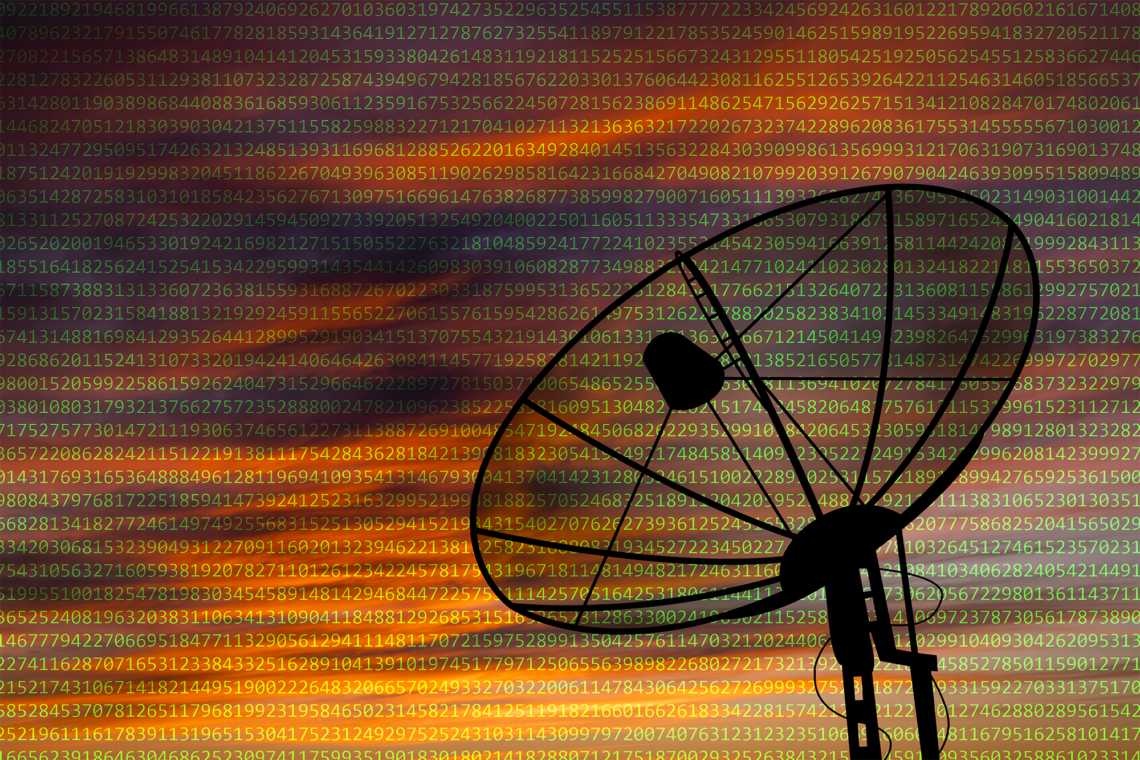As the digital age has advanced, satellites have become indispensable pillars of our modern world that orchestrate navigation, communication and commerce. But these serene celestial sentinels face a lurking threat: cyberattacks. If left unchecked, malicious intrusions could plunge our interconnected world into chaos, jeopardizing our safety and prosperity.
Since the launch of Sputnik in 1957, satellites have evolved into sophisticated, multipurpose platforms with a critical role in global connectivity and security. Today satellites are pivotal not only in daily conveniences such as the Global Positioning System (GPS) and Internet access but also in international defense systems and global environmental monitoring. That makes them prime targets for cyberattacks.
Recent cyber incidents, such as the 2022 attack on the Viasat KA-SAT network, have served as stark reminders of the growing vulnerability of our satellite infrastructure. This disruptive assault, which interrupted Internet access for thousands across Europe, highlighted the strategic significance of satellites as critical targets for cyberadversaries. These events are not isolated incidents; they mark an escalating trend as sophisticated cyberactors increasingly recognize the potential for devastating disruption through satellite-based attacks.
On supporting science journalism
If you’re enjoying this article, consider supporting our award-winning journalism by subscribing. By purchasing a subscription you are helping to ensure the future of impactful stories about the discoveries and ideas shaping our world today.
We need immediate, fortified satellite cybersecurity—not as a distant aspiration but as an urgent imperative right now. This is not a call for vague future planning but a demand for decisive action now to avert an all-too-likely scenario where critical services are incapacitated with far-reaching and devastating consequences.
The 2022 Viasat KA-SAT attack, attributed to Russian state actors,…
Read the full article here







